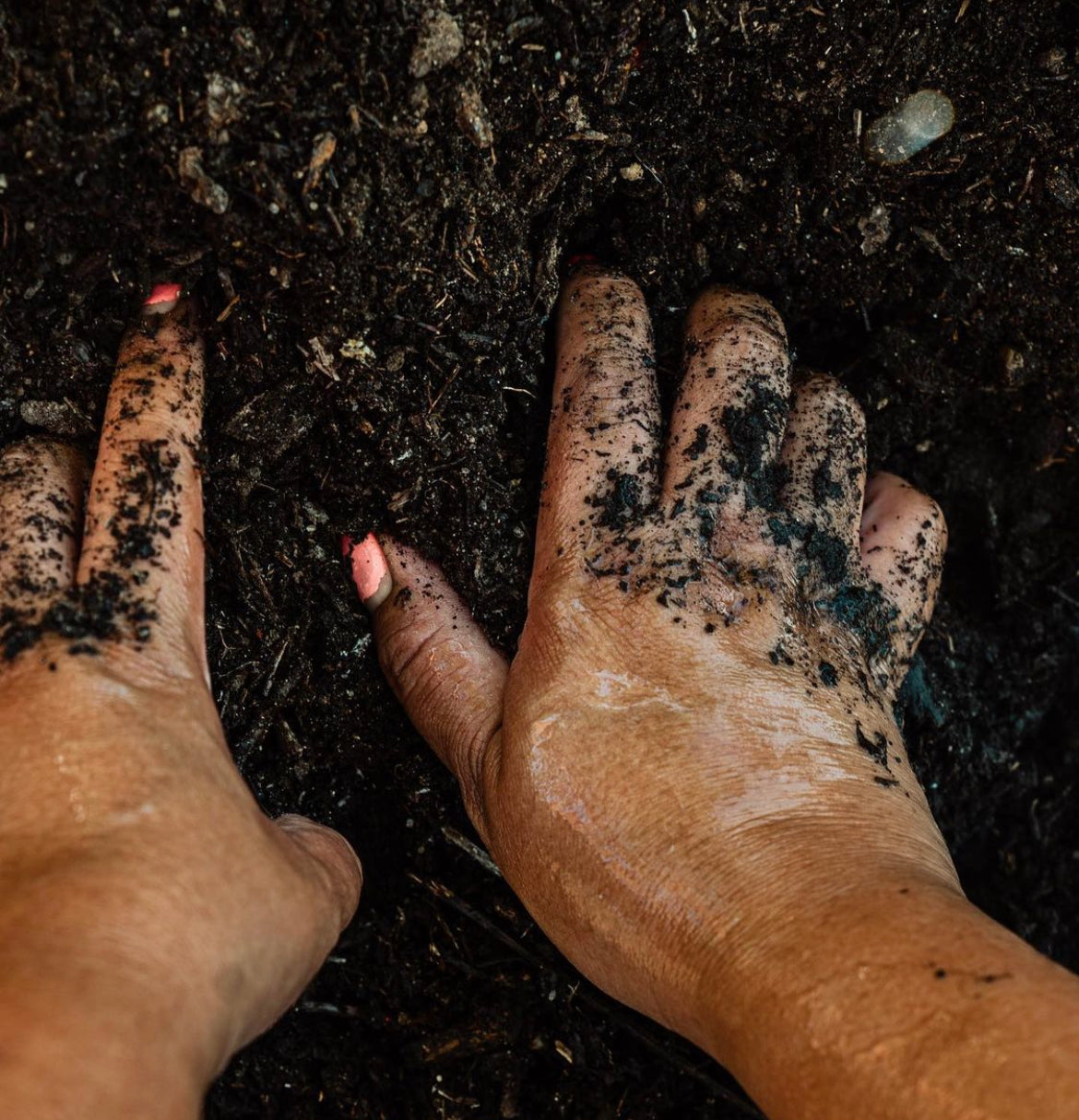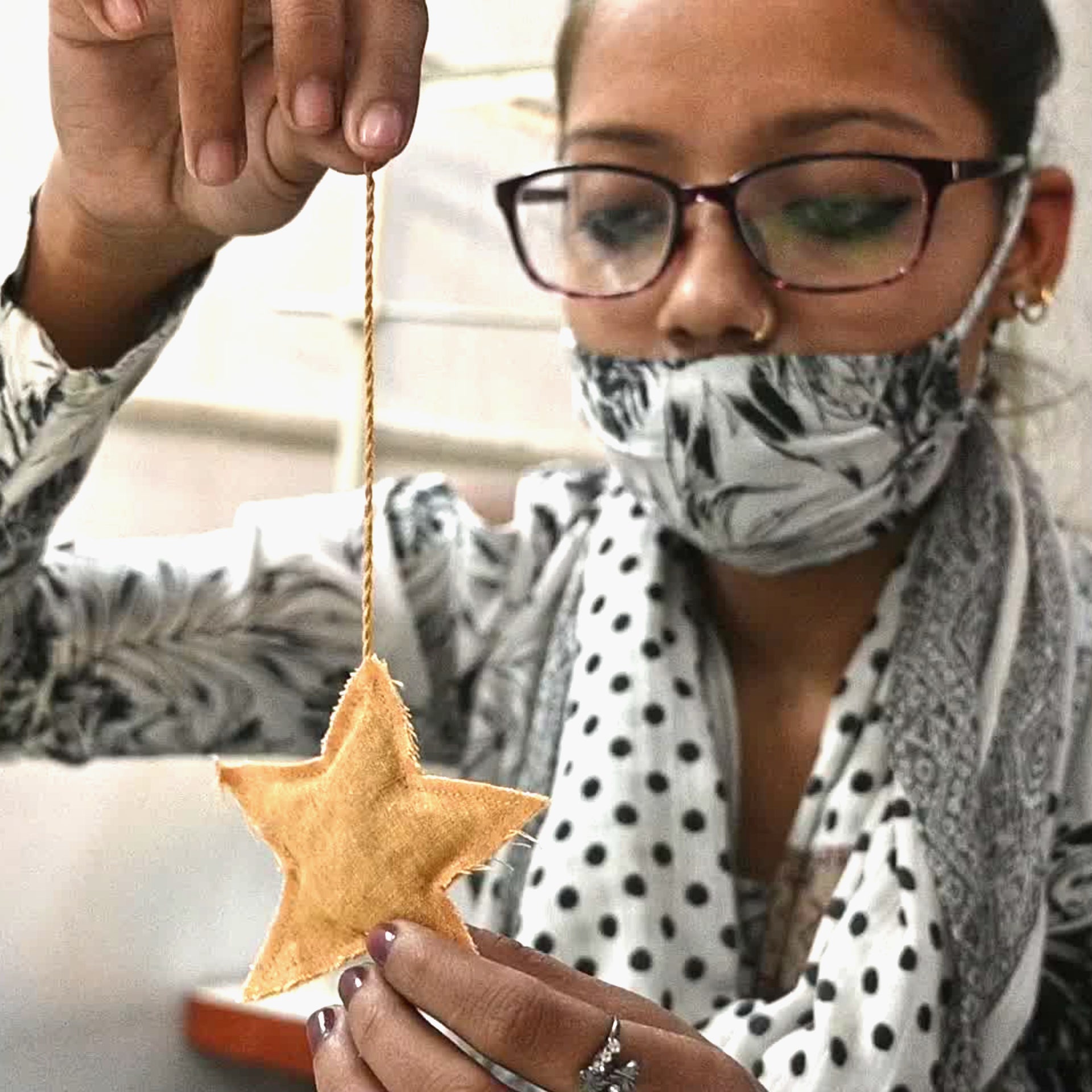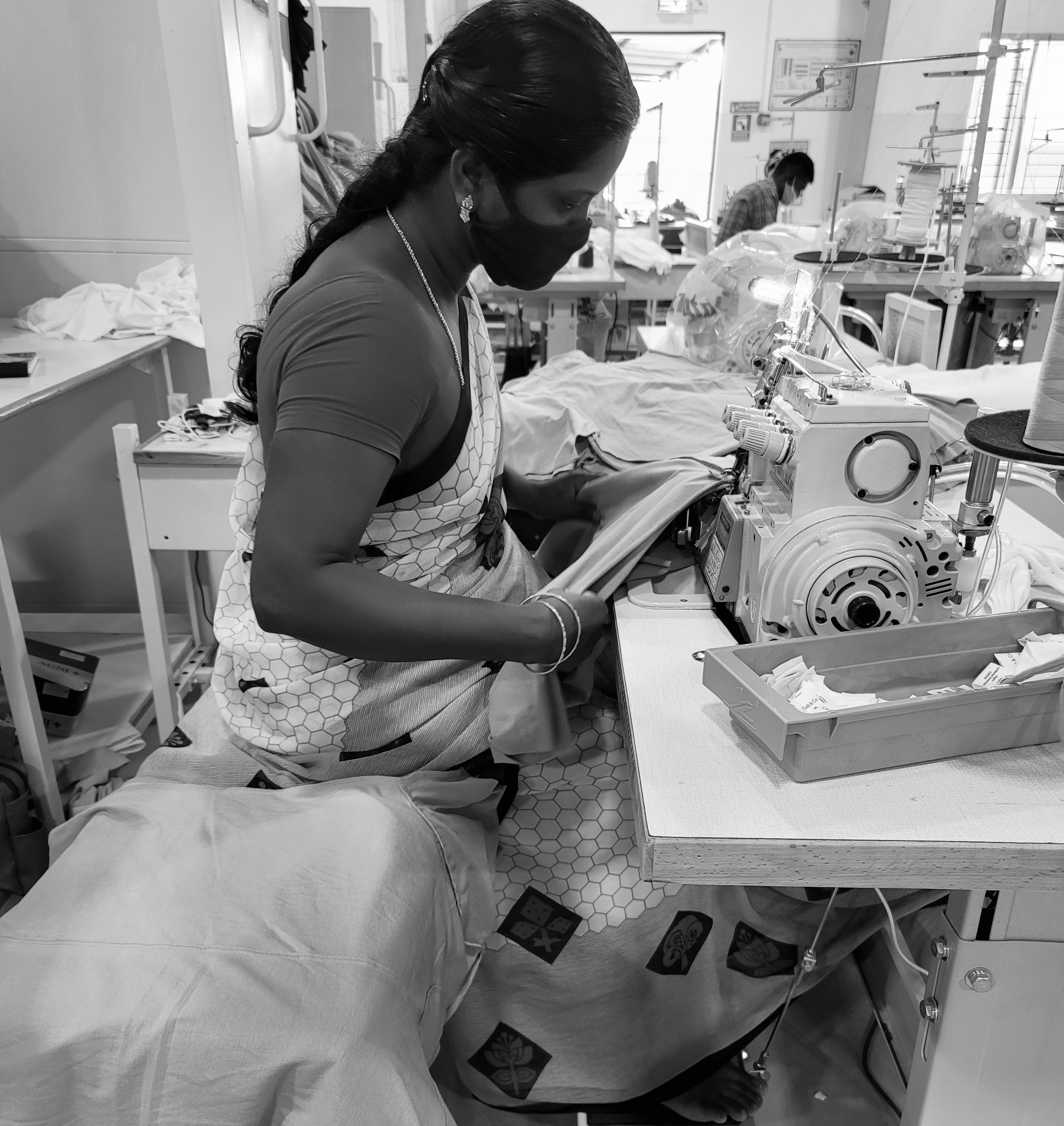Join us this World Soil Day to create awareness about the growing challenges in soil management and fighting soil salinisation. As we all know, the future of our planet and the current climate crisis is in desperate need of action to fight the inequities and inequalities that exist within our world and our team at Cloth & Co. are excited to be doing something that will have a truly positive impact!
After 2 years of research and planning we have signed a partnership agreement with GVK Society and Raddis® Cotton in India.
Our goal for 2022 is to launch our first ever collection using 100% regeneratively farmed cotton.
We have invested in and partnered with farmers in a small village in Andhra Pradesh, India to support them in their transition from conventional to fully organic cotton, working with biodynamic farming principles to regenerate the soil and drive responsible farm management that helps biodiversity flourish.
We believe a shift to regenerative agriculture for Cloth & Co.’s cotton supply is one of the major solutions to approach climate, food and land crises. It is through the soil we can start to reverse the effects of climate change and work towards the SDG’s.
Regeneration goes beyond sustainability and decreasing harm, to actively restoring, nurturing, and creating conditions where ecosystems, economies and people can flourish. All life comes from the soil!
Did you know?
Soil can sequester carbon, reduce greenhouse gas emissions, store water, help make land more resilient to climate change and above all is the source for all food and fibre on earth. It is the root of every single living thing.
In one teaspoon of healthy soil, there can be more organisms than there are people on the planet!
Healthy soil is working, functioning and living soil which includes the right balance and mix of minerals, organic matter, water, air and of course, living organisms. It is vital to increase water absorption and infiltration, which can in turn help to replenish fresh water sources underground. Moving from sustainability to regenerative agriculture will help us reach the 1.5-degree Celsius global warming target. Regenerative agriculture takes CO2 out of the air and puts it back into the ground. In turn, cooling the land by keeping it covered in living plants. Biosequestration (carbon into soil and biomass) is the biggest and least expensive opportunity to reverse global warming.
This year the #WorldSoilDay campaign focus is to halt soil salinisation and boost soil productivity.
Salt-affected soils are a result of over use of chemical fertilisers and pesticides creating an imbalance and have serious impacts on soil functions, such as in the decrease in agricultural productivity, water quality, soil biodiversity, and soil erosion. So all in all, these soils result in unhealthy crops and reduced yield for farmers and contribute to the farmer suicides and a continuous cycle of poverty.
Image Source - The United Nations
The regenerative approach is based on age-old farming traditions which is interesting in itself! It represents a system of farming practises that intend to increase agrobiodiversity, enrich soils, improve water management and enhance ecosystem services. It offers a long-term sustainable farming system that provides resilience against climate instability, diversified incomes and better livelihoods for farmers.
Using the power of nature to improve crop yields, reduce input costs and diversify incomes for farmers, their families and entire farming communities.
We value soil health and work hard by investing in organic cotton to help biodiversity and ecosystems thrive with natural and non-toxic growing. Come with us on our journey as we work with our partners in India to transition into building healthy soil systems and produce cotton garments that are truly regenerative.
If you are interested in learning more, we have found the below links very insightful:
Amazing Facts About Soil
Sustainability to Regeneration
Cloth & Co. xx
References







